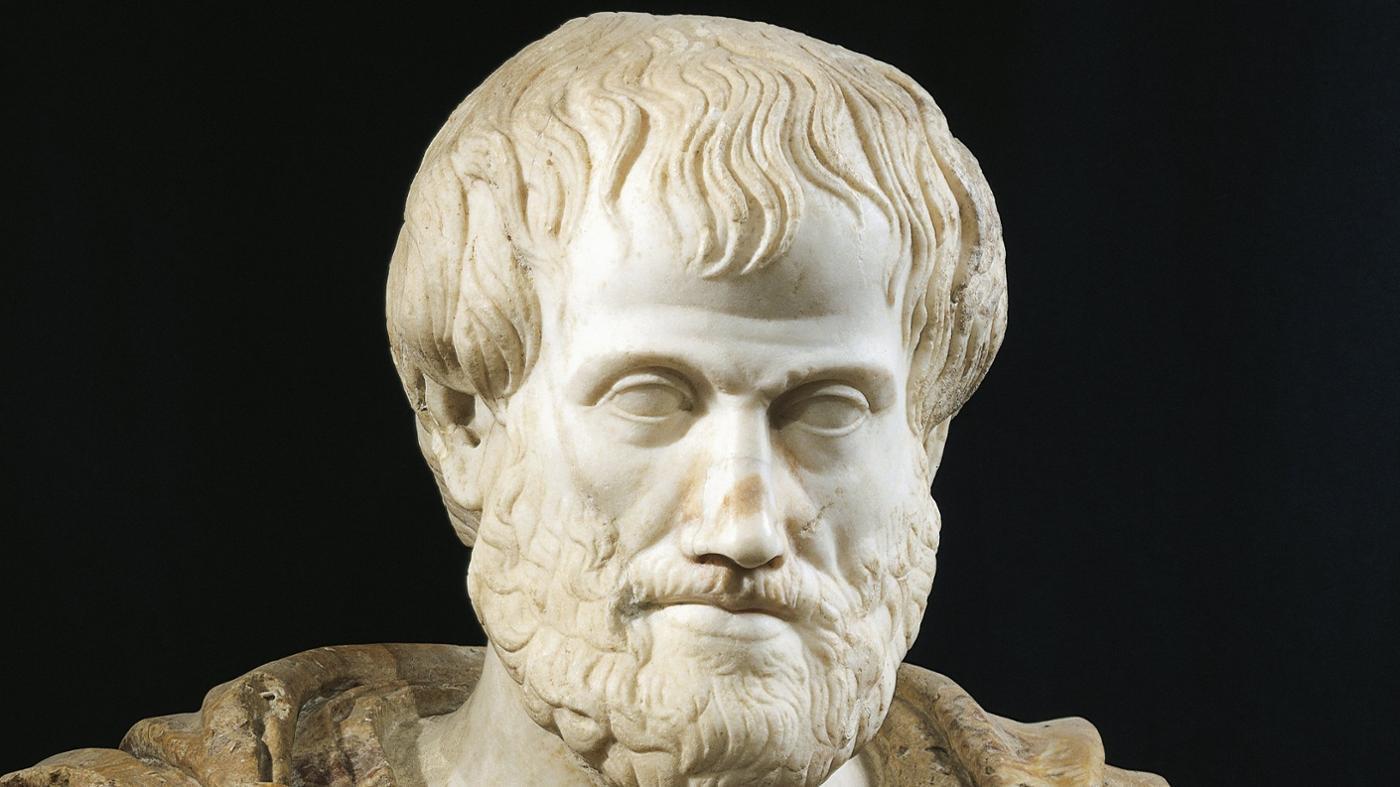Political philosophy is a branch of philosophy that seeks to understand the essence of human political life.It provides direction on how to do politics that embodies justice and prosperity for all.Philosophy is an understanding of the facts obtained by logically, critically, rationally,and systematically. Reality means everything that exists, from the human soul, politics, economy, culture,and consciousness.
Political philosophy wants to find ideas and principles that allow the existence of society, or community, in all its forms. This is called a descriptive approach in political philosophy. This approach will evolve into social sciences, such as sociology, economics, politics, law and cultural sciences. However, political philosophy is not only descriptive, but normative: it offers principles that enable a community to achieve peace, justice and common prosperity.
Two important principles in political philosophy are justice and equality. There are various meanings of the concept of justice and equality. Political philosophy wants to explore and develop these various meanings, and see the possibility of their application in various circumstances. These two principles become real, when he becomes the main principle in various public institutions that organize the political situation of a community.
The main Political Philosophers:
In the early days, political philosophy was a branch of philosophy, practiced by philosophers (Plato, Aristotle) before specializing in the modern era (Machiavelli, Montesquieu, Rawls, …). ):
– Plato : Plato is the first political philosopher. Almost all of his dialogues have a political dimension. These include The Republic and The Laws as political reference books at Plato.
– Aristotle : Politics is at the heart of the thought of Aristotle. The Policy and the Ethics put politics at the heart of society. Aristotle assigns to politics the role of rendering the citizens happy.
– Saint-Tomas : God enters politics with Thomas Aquinas . He defends a theocratic regime, a monarchy of divine right. The Sum against the Gentiles exposes most of the political theses of Thomism.
– Machiavelli : The Prince of Machiavelli represents an enormous contribution to political philosophy. Political modernity is invented by Machiavelli in that he separates God from politics, and introduces realism.
– Hobbes : This English philosopher invented the concept of sovereignty in the Leviathan . He also conceptualized the social contract, agreement between members to give up some of their will, in exchange for their security.
CHARACTERISTICS OF POLITICAL PHILOSOPHY
Political philosophy has characteristics. One of the main one is the study of political philosophy as a branch of practical philosophy, that is closely related to ethics or moral philosophy.
Political philosophy differs from ethics: ethics deals with personal moral dimensions, such as how one should live, what ideal values or ideals should be held and what rules of life should be taken into account. Therefore, as a branch of practical philosophy, political philosophy relates to the social side or aspect of ethics or more precisely relates to the question of how the arrangement and organizing of society’s life should be.
Normative knowledge , namely that political philosophy tries to form norms (rules or ideal standards), which can be distinguished from descriptive knowledge , ie trying to describe how things are as they are (Wolf, 2006: 2). The normative study finds out how something should be: what is right, just and morally right, while descriptive political studies are conducted by political scientists, sociologists, and historians.
Conclusion
Thus, from the above explanation we conclude that political philosophy is an attempt to examine the regulatory mission of various sectors / joints / fields in social life within a State.If we apply this definition of philosophy to political philosophy, we can deduce that: political philosophy is the discipline whose field of study is all political concepts and their interactions.To understand what is meant by “political concept”, here is a short list of some political concepts: justice, freedom, equality, rights, state, democracy. We can see that there are two different types of concepts: clearly moral concepts (justice, freedom, equality, rights) which are in fact toxicological concepts.
